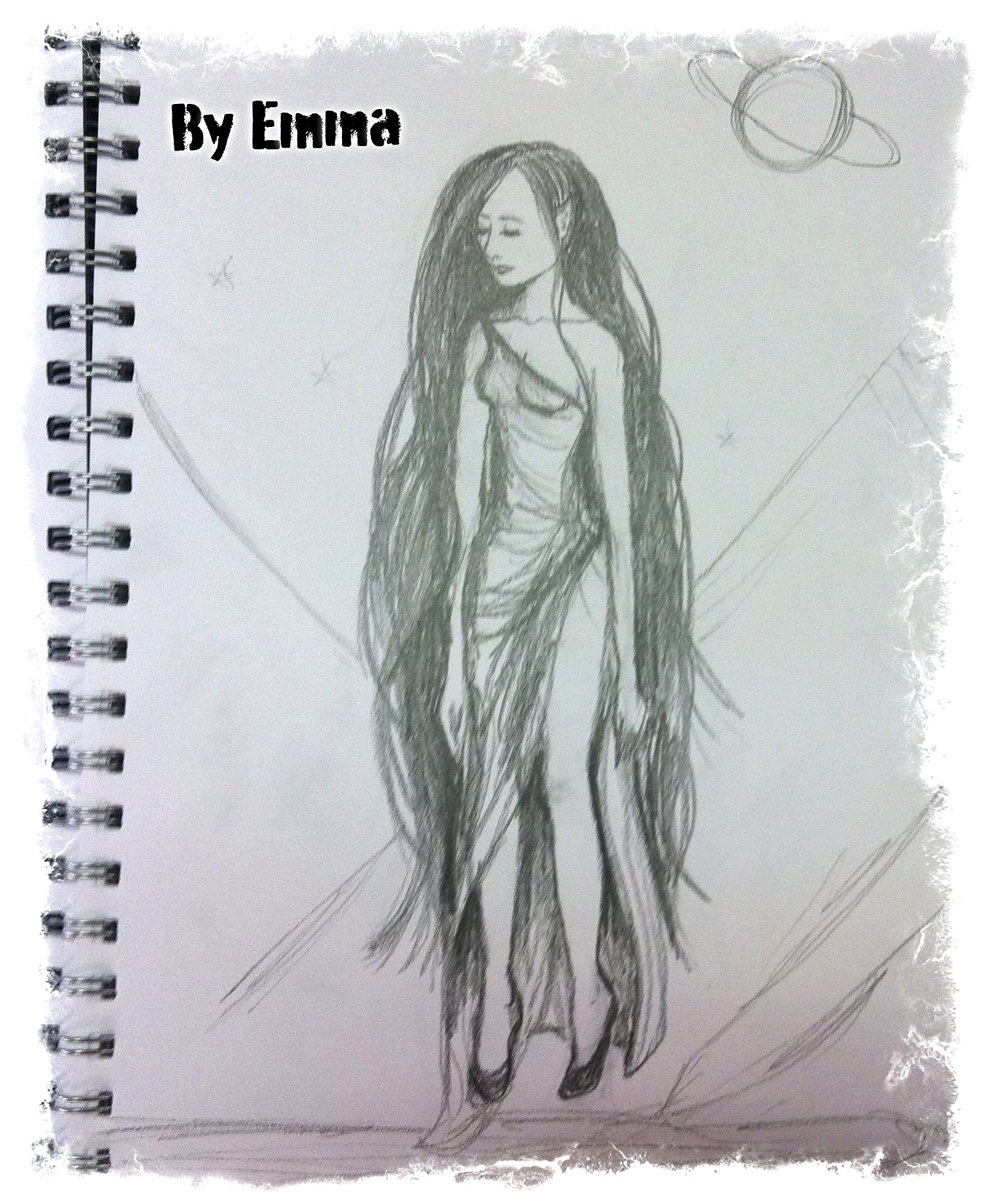
Below is a list of the topics that will be covered in the first test. The test is quite long but not particularly hard – especially if you work through each dot below with a conscience.
An important hint:
Psychology teachers and examiners get all worked up when you define a word by using the word that you are actually meant to be defining:
e.g. “Behaviour is, like, well, you know, behaviour that you do when you do something.”
No, no, no! You must use different words!
An improved version:
Behaviour means observable actions or responses by an organism.
e.g. “Naturalistic observation means, you know, you observe people or animals in their natural habitat.”
Nope, that won’t work either.
An improved version:
Naturalistic observation is a research method in which psychologists watch the behaviour of humans or animals in their normal environment, without intervening or influencing them in any way.

See also the downloadable handouts on this blog at this link:
https://psychologyrats.edublogs.org/about/downloadable-handouts
Topics for first test:
-
Definitions of psychology, behaviour, empirical research
-
Differences between psychology and psychiatry
-
Different fields of psychology: eg. clinical, educational, organisational, forensic, sport, research, counselling, community, health
-
Different methods of research in psychology, and the advantages or usefulness of each
-
The scientific method: seven steps of psychological research
-
Control and experimental groups; why experiments usually have both
-
Quantitative and qualitative data
-
The work and contribution of ONE of the great psychologists in the history of psychology: e.g. Freud, James, Ebbinghaus, Piaget, Watson, Rogers
-
The differences between visual sensation and visual perception
-
The processes of visual sensation (reception, transduction and transmission) and visual perception (organisation and interpretation)
-
The structures of the eye and their functions: the cornea, pupil, iris, lens, optic nerve, retina, rods and cones
-
The Gestalt perceptual principles: figure-ground organisation, closure, similarity and proximity
Finally, a little quizlet to help you embed the new words and terms of psychology in your long-term memory:
;

